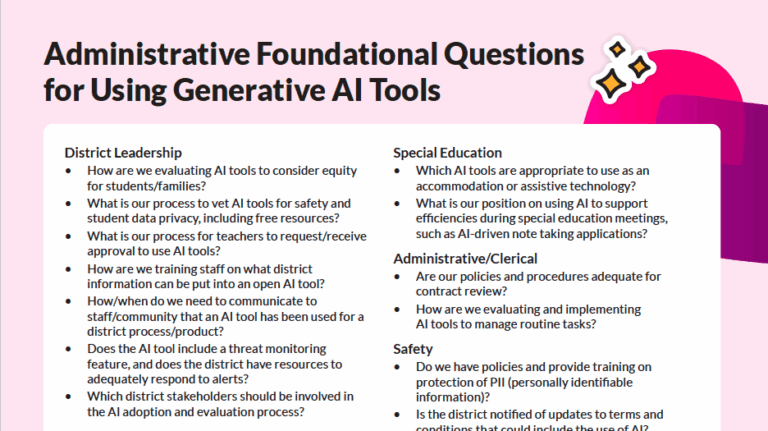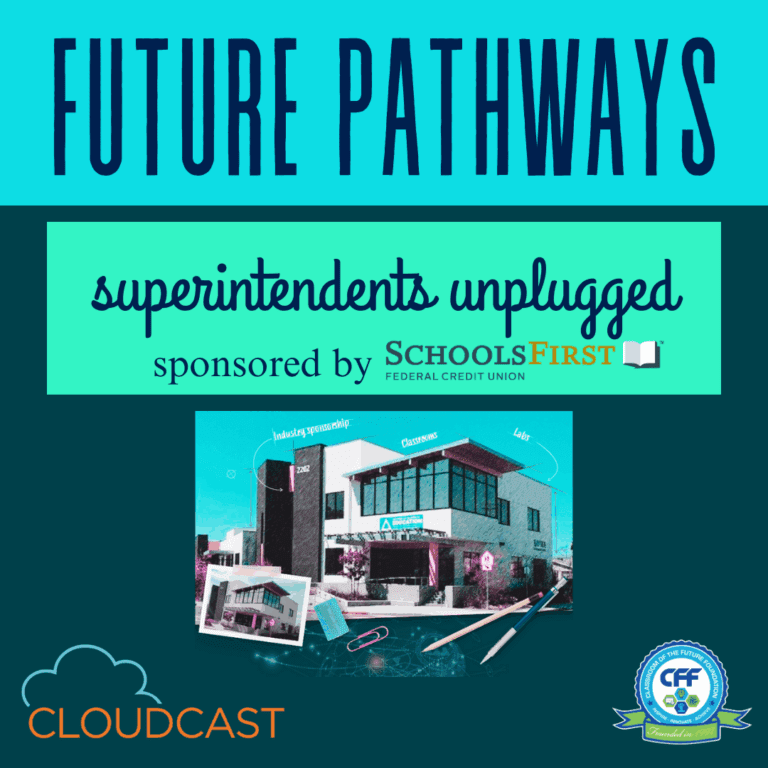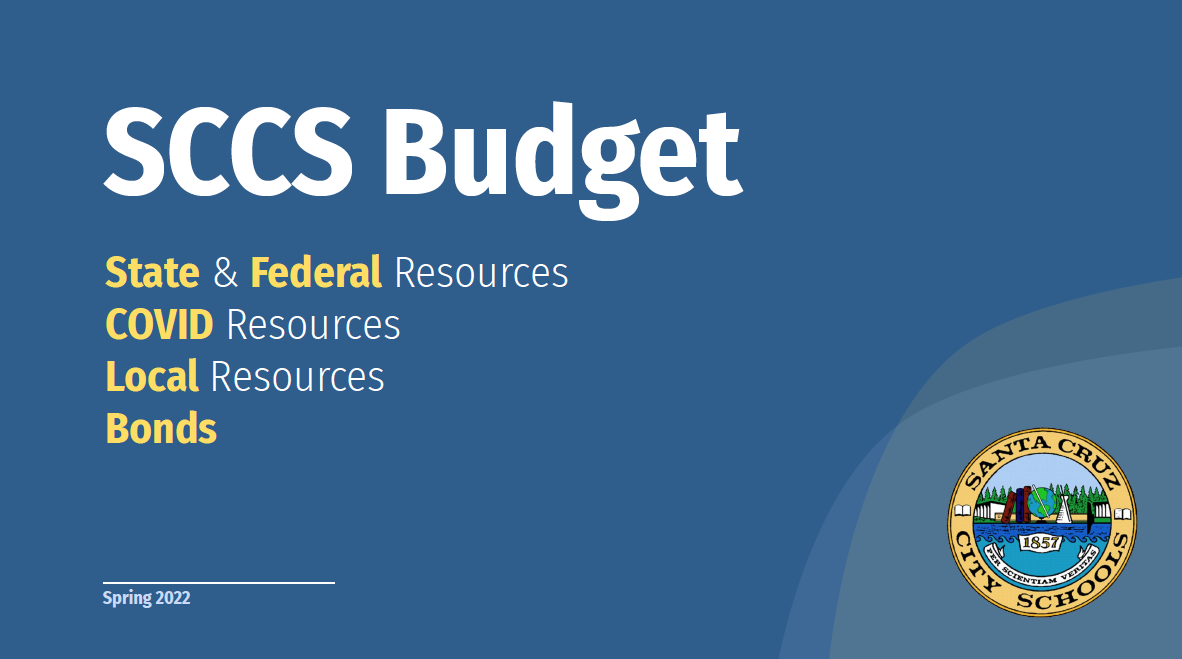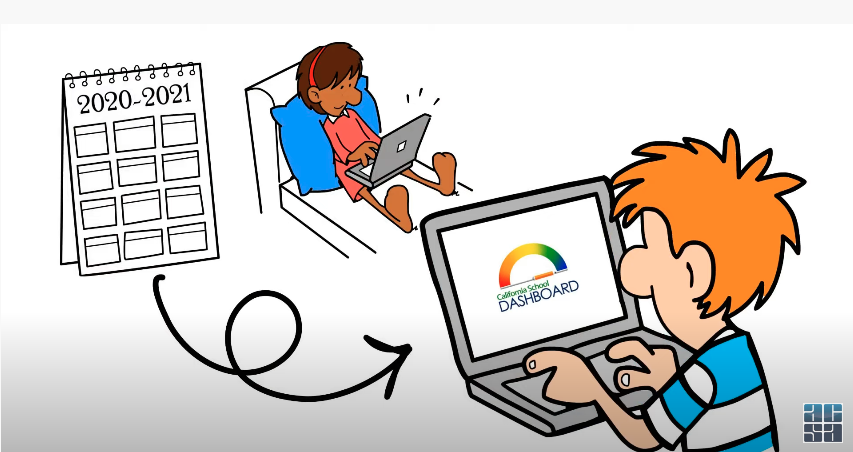When students in Laguna Beach Unified School District have trouble learning to read, that’s when Margaret Warder steps in. As an intervention paraprofessional, she works with struggling kids—often one on one—to give them tools for developing their vocabulary and reading comprehension.
“It takes a special person to make real connections with students and help them experience their full potential,” said Ben Valdepeña, president of the Classified School Employees Association (CSEA). “Through building relationships where they are most comfortable, Margaret challenges her students to reach goals they might otherwise have thought impossible.”
Warder’s ability to build relationships with students is one of the reasons she recently became one of the first 12 classified employees to receive recognition through the White House’s Champions of Change program.
A growing body of research points to the importance of relationships in propelling academic success. Strong relationships create a positive climate in which students feel more connected to their school community. This not only helps them learn, but it reduces their chances of developing emotional problems or engaging in violent or risky behaviors.
Relationships are the linchpin of any thriving school or district. Connecting with students is, of course, critical. But strong relationships between administrators, teachers, classified staff and parents also play a key role in determining a school’s climate.
In many ways, school support professionals are uniquely positioned to help build the relationships critical to student success. They comprise one-third of the nation’s education workforce, and their work touches every aspect of the education experience. They’re the people on the front lines working to ensure students are safe and cared for.
“School staff members are important adults in students’ lives,” says the Centers for Disease Control and Prevention. “The time, interest, attention and emotional support they give students can engage them in school and learning.
Building strong relationships between support staff and the rest of the school community starts with the classified managers who supervise them.
“Classified managers are the glue that holds the district together,” said Donis Coronel, director of ACSA’s Classified Education Leaders Academy in San Diego. The academy helps classified educational leaders of all types develop their leadership skills and strengthen their capacity to influence educational outcomes.
She outlined some of best practices successful managers use to build positive organizational relationships:
Embracing the district’s culture
In a small district like Mojave Unified, the education community functions as a tightly knit family. All of the classified managers grew up in the district, and many have parents (and in some cases children) who worked there.
But in a district like San Diego Unified—a large district where people come from all over the country to work—relationships are harder to form.
“Culture varies from district to district. Every single one of us has a different culture,” Coronel said. It’s up to classified managers to ensure their department is not only fitting into the district’s culture but participating in it and living it.
That starts with understanding the culture and learning how to work with it, she said. Some cultures are deeply embedded within the district, while others change over time. Classified managers need to “be flexible enough to work within the culture you’re given—or, if you’re in a place where it changes, to be able to adapt and change.”
Forging ties within the community
In many districts—particularly smaller ones—classified managers wear a number of different hats. Those who work tirelessly to advance their school’s mission, both during and after school hours, are the ones who make the biggest impact on the quality of learning students experience.
Of the three California classified employees who were named Champions for Change, all share one thing in common: They reach beyond their job descriptions to help the students and parents they serve.
They pitch in around the school by organizing fundraisers, chaperoning field trips and supporting athletic events. They build relationships within the community by volunteering, participating in local committees and advocating for students’ needs. They serve as union leaders and liaisons between schools and the community at large.
Through these activities, they link schools to other organizations and individuals within the community, opening new lines of communication, creating new opportunities for collaboration, and forming a network of allies committing to supporting student success.
Helping educational programs succeed
At the end of the day, all members of a school community are there to help students learn. Yet many classified employees don’t understand where they fit into the bigger educational picture. It’s up to classified managers to help them realize, and expand, their role in supporting instruction.
“Most districts focus on certificated employees, whether teachers or principals. We understand that as classified leaders,” Coronel said. “But the leader has to be a part of the big picture. We are valued members of the team, but we have to how we can support the program, not hinder it in any way—how as a classified leader we can have an impact on the instructional side of things.”
When classified employees go out of their way to help make educational programs a success, both teachers and students feel supported. This, in turn, helps build nurturing relationships that promote a positive learning environment.
The more engaged and active a school or district’s support staff is, the greater its capacity to thrive. Classified managers play a unique role in helping their teams forge strong relationships throughout the organization. With these best practices, they can help create a more positive climate in which students can realize their learning potential.

































